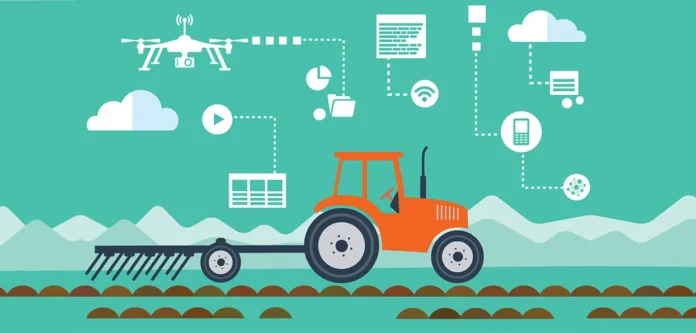It's not often that a venture capital firm will come back to back a startup after it has exited, especially one that is still a private company.
When Builders VC got the call that the founders of livestock management software Performance Livestock Analytics (PLA) were looking to separate from Zoetis, which acquired them in 2020, to continue scaling, Builders general partner Mark Blackwell said he was “ jumping for joy."
On Tuesday, PLA announced it was spinning out of Zoetis with $7,5 million in funding from Builders VC and Alaris Capital. Builders originally backed the company in 2019 during its seed round. Blackwell said that while the company's original exit to Zoetis was a strong result for the founders, he is excited to see that the startup has the ability to achieve what he believes is its true potential: becoming a software platform for ranchers.
“It was a very attractive value proposition given the reaction the business has had since its acquisition to today,” Blackwell said. “The business has grown revenue almost 2 or 3 times, with cash flow close to positive, and I think this is a very right time for us to recover this and think about building.”
Blackwell said he believes the company could have a future very similar to that of Farmers Business Network (FBN), which offers everything from e-commerce solutions to social media and farm loans. While FBN expands its revenue streams largely internally, Blackwell believes the platform approach will work here. He's also seen it work recently with dairy startup Ever.ag.
“[PLA] is a platform that farmers use three to four hours a day,” he said. “They analyze it for animal health, controlling inventory management and finances. “Our view is that there is no reason why we cannot build the same value offering as FBN and on top of that build an e-commerce node.”
The movement is very interesting. It's not easy to find a company that broke away from its buyer to essentially become a new company again. Sure, there are tons of spin-outs, but they're typically private equity holding companies or fragments of larger corporations that launch to go public, not to raise more capital.
Furthermore, it is not an AI company, more popular now, that believes it could do better on its own with the recent increase in investment; This is a company that monitors cows! An apparently niche sector, at least in the risk field, despite the fact that the livestock market is a $76 billion annually only in the US
More agtech startups are emerging this year in general, with funding rounds for startups focused on livestock and farming. Halter, a herd management software for dairy farms, raised NZ$85 million ($54 million) in March from companies including Bessemer. Vytelle, another herd management startup, raised $20 million in April.
PitchBook data shows that in the first quarter of this year, with more recent data, animal agriculture startups raised $326 million, putting them on track to match 1.3's $2022 billion total investment record. Agtech in general has also taken off this year, raising $1.9 billion in the first quarter, putting it below last year's total of $12 billion.
Blackwell said it's good that investors are finally starting to pay attention to this industry. He added that after years of backing alternative meat and dairy, aquaculture and indoor agriculture companies, many of which are not doing so well right now, it's good to see more investors taking an interest in this space.
“For conventional venture capitalists, this became acute around the size of the retadosul,” he said. “The pandemic created a lot of this sensitivity around agility and sensitivity around the broader taxonomy of agriculture. “There was a big push towards new farming systems, indoor farming, aquaculture, and many of them are exploding towards new and more agile and disruptive models.”
There is also a sustainability angle. While it's easy to assume (thanks to marketing campaigns) that many protein and dairy alternatives are better for the environment than they let on, others are not. Blackwell said investing in livestock management and health is a more tangible way to reduce the industry's carbon footprint by simply stopping contributing to growth for other causes.
Regardless, expect to see a lot more movement in this space as investors may begin to move away from some adjacent industries that have not been developed.




